It’s that time of year when the UK school holidays kick in. And while teachers across the land are breathing a collective sigh of relief and reaching for a well-deserved bottle of red, for corporate event freelancers, August is a stark contrast to the hustle and bustle of the rest of the year.
During the 6-week holidays, lots of companies hit the pause button on events to spend time with their families, and while I have no issue with that, I’ve seen the financial and emotional storm that it leaves many of my fellow event freelancers in.
Let’s take a look at a handful of common situations around this time of year, and I’ll give you my two-penneth about how you can combat these annual struggles.
The financial implications
This one might sound obvious, but building a robust financial buffer is essential for us event freelancers. But there’s a catch (isn’t there always?). It’s all well and good knowing that this financial shark is coming – the challenge lies in accurately predicting how deep the bite will be. Some years, you might get away with it just taking a bit of a nibble out of your outgoings, while in others it might pick the carcass of your bank account clean and still circle for more. This unpredictability makes it difficult to plan effectively.
And once you factor in the often lengthy payment cycles in the events industry, freelancers can often find themselves facing the double whammy of reduced income and cash flow being delayed. This can lead to significant financial strain, especially for those with commitments like mortgages or dependents. Which brings me neatly to…
The talent paradox
One of the most frustrating aspects of August is supply and demand. There’s an abundance of talent, all fighting for the same reduced opportunities. The event industry boasts a wealth of skilled professionals, but many find themselves sidelined during the summer slowdown. This talent surplus intensifies competition for the limited available work, making it significantly harder to secure gigs. I’ve seen this situation get ugly before now, and it’s all down to sheer desperation.
The part-time job mirage
The idea of picking up a part-time job to tide us over the August lull can be tempting, but it’s easier said than done. Many employers are reluctant to hire for just a few weeks, leaving freelancers with limited options to pick up extra hours elsewhere. However, one of those options could be…
The festival circuit
For those with technical skills, the festival circuit can be an attractive alternative to the corporate event world. The energy, the music, and the chance to work on large-scale productions can be incredibly appealing. However, festival work is brutally demanding – both physically and mentally – and while it can provide a financial lifeline, it’s essential to balance the income with personal well-being. After all, you don’t want to be burned out when things go back to normal in September, right?
But what, if like me, you don’t have the technical skills to work at a festival? You might be left with only one choice…
The reluctant holiday
Ironically, while many people dream of an August break, event freelancers often find themselves forced into one. The lack of work can be both a blessing and a curse. On one hand, it offers a chance to rest and recharge. On the other, it can disrupt routines and make it difficult to muster up the motivation and discipline to return to the fast-paced world of events when September comes a’ knocking.
Having an enforced break also raises another problem, one that’s barely talked about…
The loneliness factor
The event industry is often a social hub, with freelancers building strong relationships with colleagues and clients. The absence of events can lead to a profound sense of isolation. Without the daily interactions and shared experiences, freelancers can find themselves struggling with loneliness and a lack of purpose.
So, if we know it’s coming, what can we do to ready ourselves for all this?
Preparedness and priorities
Financial preparedness
As a freelancer, an emergency fund is essential, but in the events industry, it becomes even more critical. August’s slow period can easily stretch into September, with invoices often taking an extra month to clear. This means you might need a buffer that covers two months’ worth of expenses. Building this buffer takes discipline, but during busy periods, prioritise saving a portion of your income specifically for these quiet times.
Register your skills
Here’s where resource management platforms like Maverick Event Show Crew can be invaluable. By proactively registering your skills and availability, you increase your visibility to event organisers still scrambling to fill last-minute needs.
Combatting loneliness
- Network with fellow freelancers: Organise coffee dates or social gatherings. Online forums and communities can also offer a sense of belonging.
- Volunteer your skills: Contribute to a cause you care about. It keeps you active, uses your talents, and offers a chance to connect with like-minded people.
- Upskill or take a course: Invest in your professional development. Learning new skills not only strengthens your CV but also keeps your mind sharp.
Remember, August doesn’t last forever
I know how tough this quiet period can be. I’ve been there. The industry slowdown can feel isolating and financially draining, but remember that you’re not alone; countless numbers of us weather this storm every year. If you can pick up a bit of work here and there, that’s great, and if the storm isn’t as bad as you were expecting, hey, you’ve already got a head start on building next year’s emergency pot.
But primarily use this time to recharge, connect with your support network, and invest in your professional growth. The events world is cyclical, and it’s important to remember that the hustle and bustle will return, Christmas is just around the corner (yep, I went there), and you’ll soon be wishing that you had this downtime again.
It’s a funny old game, but I wouldn’t be without it.

